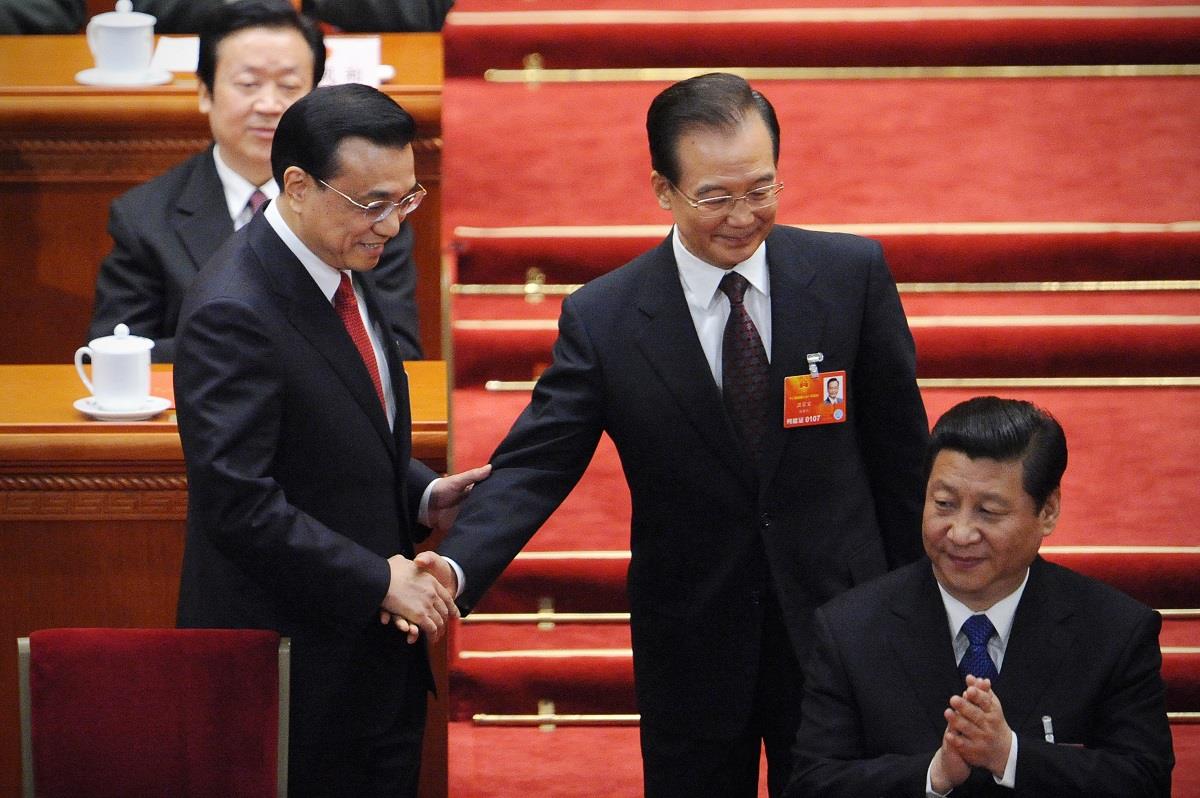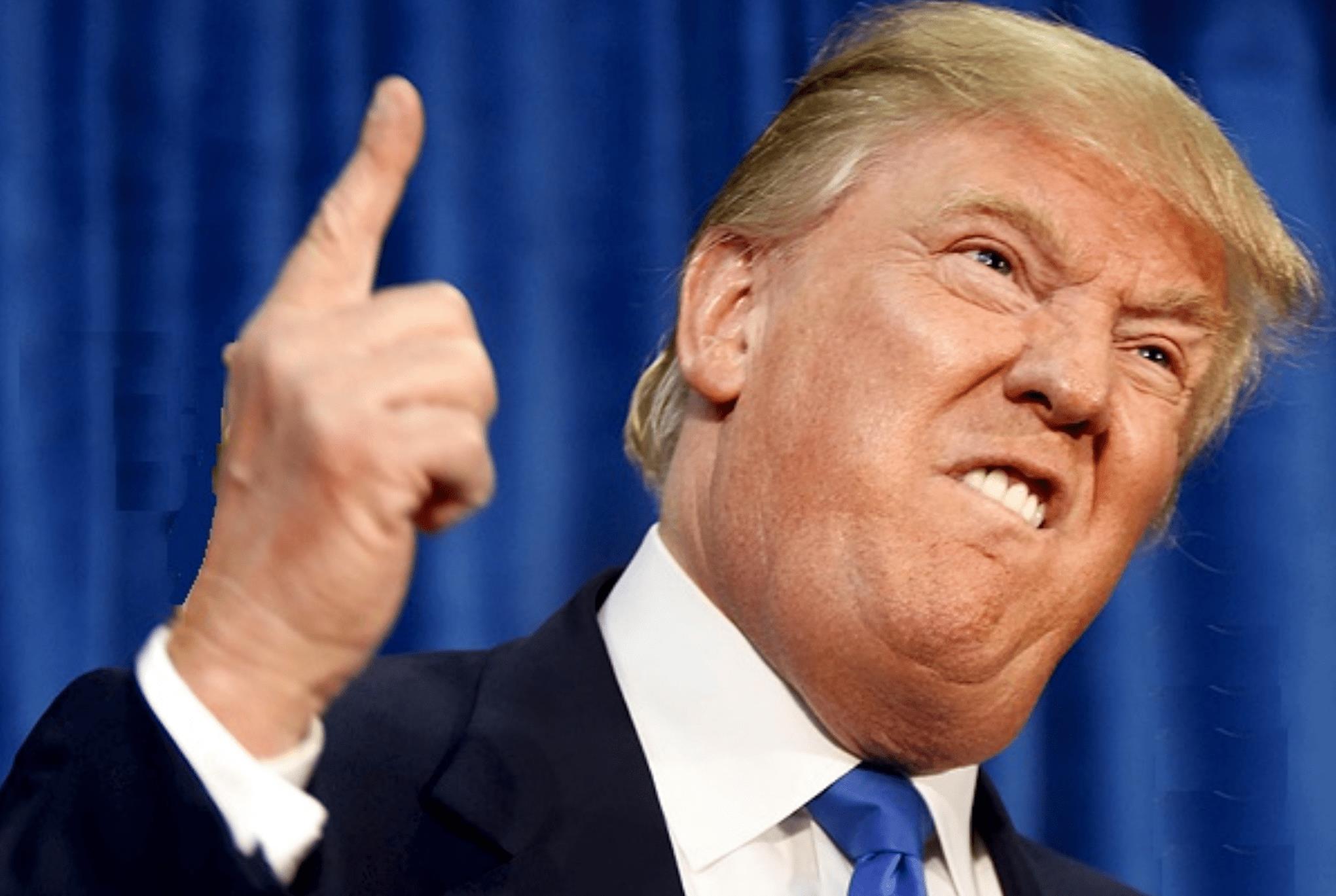(MENAFN- Asia Times) TOKYO – As distracting as the default drama looming over China Evergrande Group may be, the one percolating in Washington is by far the more existential of the two.
The contours of the pressure facing the world's most indebted property developer are by now well known. With about US$305 billion of debt and $355 billion of assets amid , Evergrande stands as a microcosm of China's biggest challenges.
Fresh waves of Covid-19 infection are colliding with efforts to get construction sites back up and running. And Evergrande has roughly 1,300 ongoing projects in second and third-tier mainland cities. The company's travails affect 200,000 direct employees and nearly 4 million hired each year for development projects.
The real worry, though, is its knock-on effect as the major player in the most vital sector of the mainland economy.
Yet however much that is a risk for a key global economic engine, it remains, essentially, a domestic one. All odds are that the People's Bank of China and President Xi Jinping's myriad brigades of regulators will continue to avert the Lehman Brothers-like contagion markets fear.
For now, economists view Evergrande as the canary in the coal mine. The metaphorical coal mine is China's property industry: The key engine for translating Beijing's credit and debt accumulation into growth and jobs.
An Evergrande stumble would represent a breakdown in the Chinese model and serve as an omen of bank-debt troubles to come. That, in turn, would likely lead authorities to“new canaries in the current financial coal mine” that require attention at the highest levels, says professor Robert Hockett at Cornell University.
Analyst Udith Sikand at Gavekal Research says,“China's authorities have a very clear motive, and the necessary means, to contain any threat of a systemic crisis in the country's domestic financial system.”
Evergrande's“troubles,” he adds,“are no Lehman moment, but they do pose a significant risk of international contagion across emerging markets, which investors would be rash to ignore.”

TThe China Evergrande Center in Hong Kong. Photo: AFP / Peter Parks
All bets are off, though, if Washington fails even more spectacularly.
Brinksmanship over the US debt ceiling is bringing back traumatic memories Beijing would prefer to keep buried. An earlier debt-limit skirmish in August 2011 cost America its AAA rating from Standard & Poor's. That came as Republican lawmakers pushed the world's biggest economy to the brink of default.
The fiasco left China, then the biggest holder of US Treasury debt, cold. At the time, the Chinese government condemned the“short-sighted” wrangling in Washington and urged lawmakers to act more responsibly.
A 2011 editorial by the official Xinhua news agency said Beijing had“every right now to demand the United States address its structural debt problems and ensure the safety of China's dollar assets. International supervision over the issue of US dollars should be introduced and a new, stable and secured global reserve currency may also be an option to avert a catastrophe caused by any single country.”
That plea made then-premier Wen Jiabao seem borderline clairvoyant. Back in 2009, Wen issued a remarkably rare public plea to US officials to be more reliable stewards of Beijing's vast dollar holdings – and to protect the value of the more than $1 trillion of Chinese state wealth sitting in Treasuries at the time.
As Wen said back then:“We have made a huge amount of loans to the United States. Of course, we are concerned about the safety of our assets. To be honest, I am a little bit worried .” He urged Washington“to honor its words, stay a credible nation and ensure the safety of Chinese assets.”

Former premier Wen Jiabao (C) looks at President Xi Jinping as he shakes hands with incoming premier Li Keqiang in 2013. Photo: AFP / Wang Zhao
Two years later, S & P rendered a dire judgment on that credibility, yanking away Washington's AAA status. Now, a decade later, it's time for Wen's successor, Li Keqiang, to worry about Beijing's $1 trillion-plus exposure, as Donald Trump's party again holds America's credit ratings hostage.
America's debt Armageddon Trump wasn't in the political picture back in 2011. His 2017 to 2021 presidency, though, gave Xi and Li exponentially more reasons to worry about the safety of Chinese savings. Trump's trade war came on top of his frequent tirades about China“killing” American workers with an undervalued exchange rate.
By the time he turned the keys over to Joe Biden in January, the US government was on course to a $30 trillion debt burden . That's twice the size of China's annual gross domestic product (GDP).
During his time in office, Trump's inner circle mulled canceling portions of the debt the US owed Beijing. Trump also considered a dollar-to-yuan devaluation of the kind Vietnam or Argentina might suddenly announce.
Such considerations were hardly out of the blue. In May 2016, six months before he was elected, Trump, a serial bankruptcy offender as a businessman, floated the idea of reneging on US debt in a CNBC interview .
“I would borrow, knowing that if the economy crashed, you could make a deal,” Trump said.“And if the economy was good, it was good. So, therefore, you can't lose.”
Yet China could indeed lose if the Republican Party over which Trump still holds great sway imperils America's credit rating anew. Ditto for Japan, which has since topped China as the top holder of US government debt – $1.3 trillion to Beijing's $1.1 trillion.
Moody's Analytics economist Mark Zandi speaks for many when he says,“It's complete craziness to even contemplate the idea of not paying our debt on time. It would be financial Armageddon.”
Economist Beth Ann Bovino at S & P Global Ratings thinks failure to raise the debt limit could be“more catastrophic to the economy than the 2008 failure of Lehman Brothers” and would squander most of the economic gains in the 13 years since that dark period.
Such an outcome, Bovino says, would force the US government to shut down, erasing $6.5 billion of economic output per week. It also would unleash a“butterfly effect” that would upend the broader economy.

Former president Donald Trump considered defaulting on US debts. Photo: Handout.
“A disruption in government spending means no government paychecks to spend at the mall, lost business and revenue to private contractors , lost sales at retail shops, particularly those that circle now-closed national parks, and less tax revenue for Uncle Sam,” Bovino says.“That means less economic activity and fewer jobs.”
What's more, the message all this sends would cause chaos in debt markets and slam the stock market, too.
“With markets somewhat jittery about a possible selective default of the US sovereign, worries of a shutdown threat only adds to their concerns,” Bovino notes.“The shutdown and the looming debt ceiling combined could significantly hurt business and consumer sentiment, as well as the overall economy.”
In recent days, Treasury Secretary Janet Yellen reached out to the CEOs of Wall Street's biggest financial firms to ask for their help in urging Republicans to step back from the default ledge.
Yellen's pitch is for investment banking giants to lobby lawmakers to raise the debt ceiling. She also is pitching for a one-year suspension in the need for Congress to okay the paying of Washington's bills.
Yellen's calls reportedly went to JPMorgan Chase 's Jamie Dimon, Citigroup's Jane Fraser, Wells Fargo's Charlie Scharf, Bank of America's Brian Moynihan and top Goldman Sachs executives.
Technically, the US government blew past the previous debt ceiling several months ago. Treasury Department officials employed a variety of cash-balance maneuvers to pay Washington's bills month to month.
Now, the Treasury is reaching the limits of this strategy.
“So, people are rightly getting nervous,” says James Knightley, chief international economist at ING Bank. He says investors would be remiss to ignore Yellen's warning that any failure by Congress to act“would cause irreparable harm to the US economy and the livelihoods of all Americans.”
Knightley notes that“after more than a year of dreadful harm caused by Covid, we couldn't agree more.”

US Treasury Secretary Janet Yellen (C) is reportedly rallying Wall Street power players to convince Republicans to raise the debt ceiling, Photo: AFP / Jessica McGowan / Getty Images Greenback's crisis-opportunity Even bigger questions hang over the global financial system.
The efforts by China, Russia, Saudi Arabia and other major economies to de-dollarize world trade is a work in progress, at best. The same goes for developing Asia, which spent the years since the region's 1997-98 financial crisis pledging to wean economies off the dollar.
Try as export-driven economies may, the dollar and US Treasuries are still the linchpin of the global trading system. Yet the political shenanigans on display in Washington could change that – and quickly.
The“empire is crumbling” and the dollar is“slowly losing its sheen,” says Peter Koenig at Renmin University of China. Slowly, but surely, he says, the dollar“is losing its weight in the international financial market.”
Technological change is accelerating the timeline, particularly as China outpaces the US in the race to bring a central bank-issued digital currency to market, says strategist Dante Alighieri Disparte at financial services firm Circle.
“With the explosive proliferation of cryptocurrencies, including China's introduction of a digital renminbi, it is not surprising to hear panicked warnings about the looming decline of the dollar,” Disparte says.
It's not the whole story, of course. If Biden's Washington plays its cards right, Disparte notes, the dollar could end up being the“prime beneficiary of today's market developments.”
Yet the dollar is at the mercy of politics and politics can be highly toxic. If the current squabbling in Washington devastates trust in the core asset of the global financial system, current obsessing over China Evergrande will become a mere side show.
MENAFN23092021000159011032ID1102852371